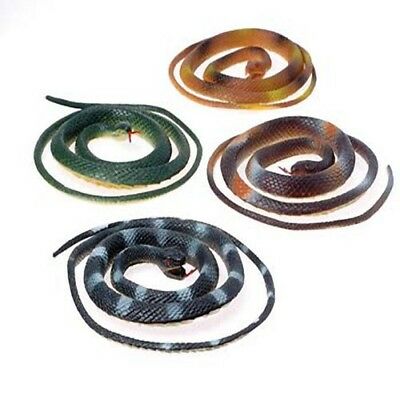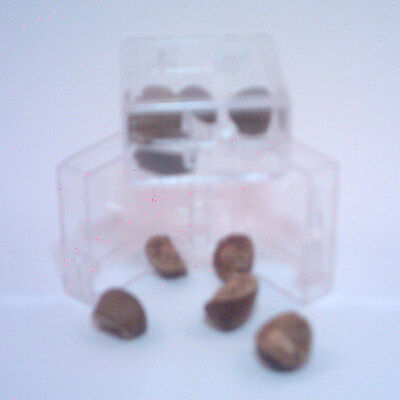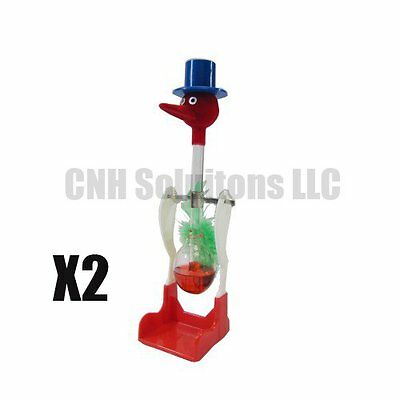-40%
Barn Owl Pellets - Large: 1.5 - 2.25 Inches - Pack of 5 with Bone Sorting Chart
$ 5.25
- Description
- Size Guide
Description
You will receive 5 pellets and 1 Bone Sorting Chart in this set.Our large owl pellets measure approximately 1.5 to 2.25 inches in length. We take great pride in specializing in only the best quality owl pellets. Each one is collected, dried, sorted, heat sterilized, and wrapped carefully before shipping. Each order received will come with a bone-sorting chart that can be photocopied for all of the students in the class. All of our pellets are produced by Tyto alba, also known as the Barn Owl. The barn owl is one of the most widespread of all birds, having been found nearly everywhere in the world, with the exception of both polar and desert regions. In the world of ornithology, the study of birds, a pellet is the undigested material of a bird’s meal that has been regurgitated. What can be found inside of a pellet will vary greatly, depending on its diet. Matter within a pellet can include insect exoskeletons, bones, fur, feathers, claws, teeth, ect. Pellets are typically regurgitated 8-10 hours after the bird has fed, and depending on how much bird has ingested, a pellet can can contain the skeletal structure of one or more prey organisms. Usually, if multiple prey are consumed within a short time frame, a single large pellet is formed, rather than multiple small ones. The dissection of an owl pellet is a fantastic and informative science experiment, and is a natural teaching tool for all grade levels from kindergarten all the way up to collegiate level. As a teaching tool, it is a great way to learn about the food chain, principles of ecology, skeletal anatomy, and more. Comes with 1 bone sorting chart that can be replicated by a photocopier for teachers/students. Sterilized for safety Classic STEM experiment.
Each pellet measures 1.5-2.25 inches in length
Includes a reproducible bone sorting chart
Individually dried, sorted, wrapped, and heat sterilized
Great for students all the way up to the collegiate level
Classic STEM experiment











